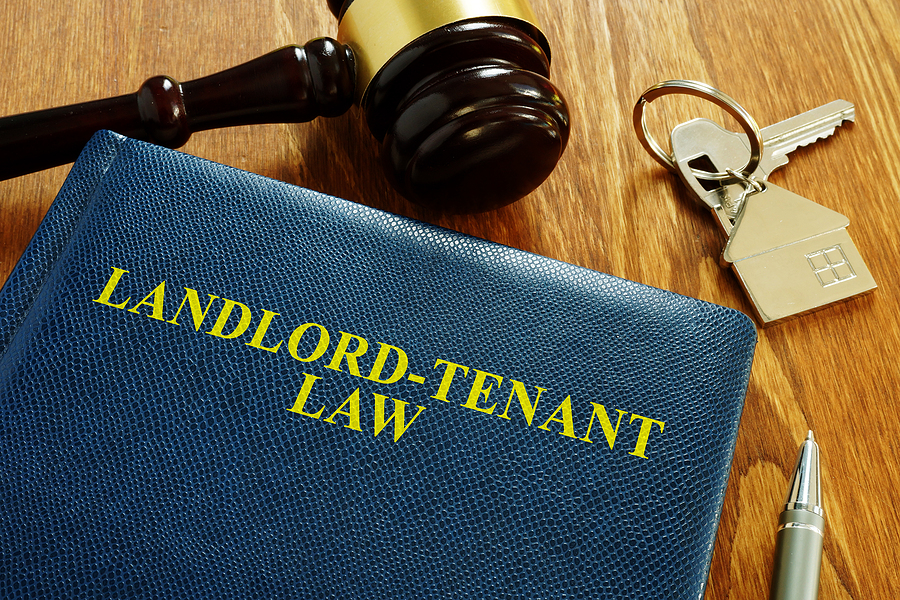As a property owner in Nevada, staying informed about state and local landlord-tenant laws is essential to ensure you are operating legally and protecting both your property and your income. At Northern Nevada Property Management, we believe that knowledge of these laws is vital for smooth property management and tenant relations.
Here are some important Nevada landlord-tenant laws that every landlord should be aware of:
1. Rental Agreements & Lease Terms
In Nevada, a lease agreement can be written or verbal, but having a written lease is always recommended. It outlines the rights and responsibilities of both parties and helps prevent misunderstandings. Be sure to specify:
Rent amount and due date
Lease duration (fixed-term or month-to-month)
Pet policies, maintenance responsibilities, and rules
2. Security Deposits
Nevada law allows landlords to charge a security deposit of up to 3 months’ rent. The deposit must be returned within 30 days after the tenant vacates, minus any deductions for damages. It's crucial to document the property's condition at move-in and move-out to avoid disputes.
3. Rent Increases
If you plan to raise the rent, be mindful of the rules:
For month-to-month leases, you must provide a written notice at least 45 days before the increase.
For fixed-term leases, the rent cannot be increased until the lease ends unless the lease agreement specifies otherwise.
4. Eviction Process
Evicting a tenant in Nevada requires a legal process:
Non-payment of rent: After a missed rent payment, you can issue a 5-day notice to pay or quit.
Other breaches: For violations of the lease (like causing damage or illegal activities), you must give the tenant a 7-day notice to correct the issue.
If the tenant doesn't comply, you can file for an eviction through the courts. It's important to follow all legal procedures to avoid delays and potential penalties.
5. Repairs & Maintenance
Nevada law requires landlords to maintain properties in a habitable condition. This means providing essential services like plumbing, heating, and safety features. You must address serious maintenance issues promptly. Tenants also have the right to withhold rent or seek alternative housing if you fail to make necessary repairs after proper notice.
6. Tenant Privacy
Landlords must respect the tenant’s right to privacy. You cannot enter the rental property without proper notice unless there’s an emergency. For regular inspections or maintenance, you must provide at least 24 hours’ notice before entering.
7. Fair Housing Laws
Nevada follows federal fair housing laws, which means you cannot discriminate against tenants based on race, color, religion, national origin, sex, familial status, or disability. It’s critical to treat all applicants equally and fairly throughout the leasing process.
8. Termination of Tenancy
When ending a lease or terminating tenancy, you must provide written notice:
For fixed-term leases, notice is generally not required until the end of the lease term unless a breach occurs.
For month-to-month leases, a 30-day notice is required to terminate the lease for either party.
At Northern Nevada Property Management, we stay up to date on the latest Nevada landlord-tenant laws and ensure that all aspects of property management comply with state and local regulations. If you ever have questions or need guidance on any legal matters, we’re here to help!
By staying informed, you can protect your investment and create a positive, legal relationship with your tenants. If you want to discuss how we can help you navigate these laws and ensure your rental properties are in compliance, don’t hesitate to reach out.



